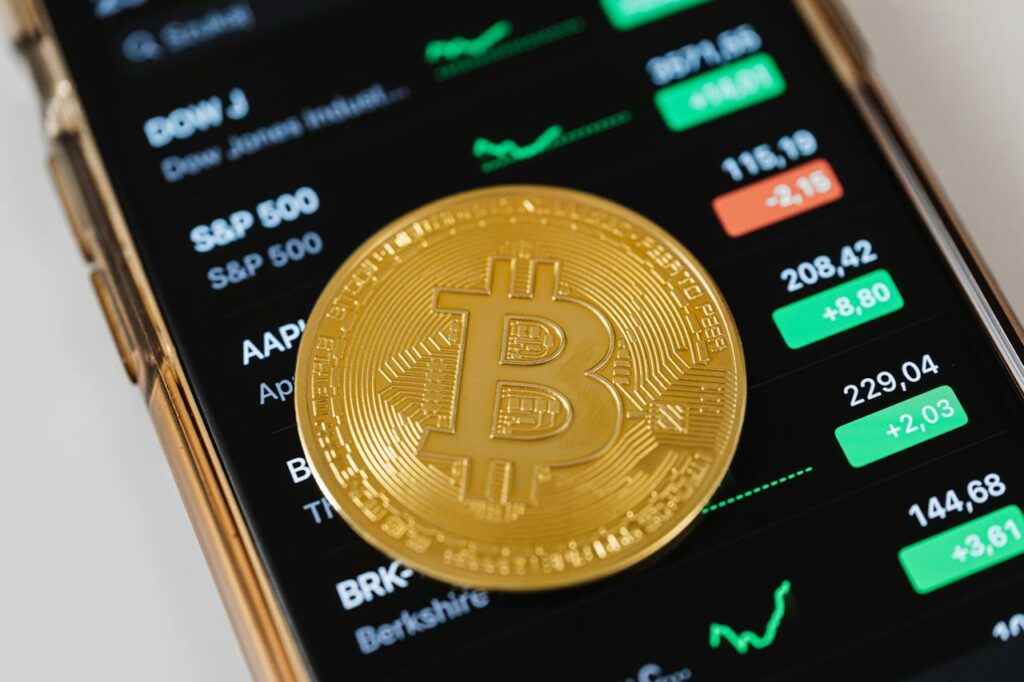One of the most groundbreaking innovations introduced by Bitcoin is decentralization – eliminating centralized entities from managing account access. But this disintermediation means you alone are responsible for safeguarding your Bitcoin. Your private key is the gateway to securing your holdings.
Private keys authorize control over your Bitcoin. Treat them with utmost care, or that gateway could swing open for unwanted visitors. This article will explain private keys in Bitcoin and essential practices for keeping your crypto secure. Master your private key, and you master true financial sovereignty.
Demystifying Bitcoin Private Keys
Private keys serve as the authorization mechanism in Bitcoin granting control over funds. Here’s a brief overview:
- Private keys are randomly generated strings of numbers and letters unique to each Bitcoin wallet.
- They mathematically correspond to wallet addresses used to receive Bitcoin.
- Private keys provide cryptographic proof you own the funds – essentially acting as the password or PIN code to access Bitcoin associated with a public address.
- Valid transactions require a digital signature generated from the private key.
- Transactions are broadcast to the Bitcoin network from your wallet address and verified using the private key signature.
So in essence, whoever possesses the private key can spend the Bitcoin in that wallet. Keeping keys confidential provides the security foundation.
Generating and Storing Private Keys
Private keys are created in Bitcoin wallets through methods like:
- Random key generation – Most common today. Maximizes entropy for strong keys.
- Derived from seed phrase – A 12-24 word phrase generates keys in sequence. Enables backup retrieval of all keys if forgotten.
- Derived from the master key – Hierarchical Deterministic wallets derive multiple keys from one master.
Private keys should be stored offline in “cold” environments whenever possible. Options include:
- Hardware wallets – Dedicated devices designed to generate and store keys offline while allowing online transactions.
- Paper wallets – Keys printed on paper and stored offline in secure locations.
- Air-gapped machines – Keys generated and stored offline on machines never connected to the internet.
Properly securing your private key is the priority for safeguarding your Bitcoin.
Protecting Your Private Key
Since losing a private key means forfeiting access, robust precautions are a must:
- Avoid digitally storing keys on internet-connected devices when possible – Increased vulnerabilities.
- If using hot wallets, utilize encryption, complex passwords, and multi-factor authentication.
- Back up your private key securely in multiple locations to avoid losing access if a single backup is lost or destroyed.
- Never share your private key with anyone for any reason – Scammers may pretend to be support and trick you into handing it over.
- Be extremely cautious of phishing attempts seeking to steal your private key through social engineering.
- Consider using a reputable custodian if you lack time or skill to properly self-manage keys.
- Stay educated on evolving key storage best practices as the threats landscape shifts.
With vigilance and common sense, you can harness Bitcoin’s potential while securing the gateway to your holdings.
Avoiding Common Mishaps
Many Bitcoin horror stories stem from easily preventable private key errors:
- Losing access to wallets by failing to properly backup keys and forgetting passwords/seed phrases. Lack of backups represents the biggest risk for permanent loss of funds.
- Falling for phishing scams that steal keys through clever psychological manipulation. Never input private keys on unverified domain names.
- Reusing paper wallet addresses multiple times. This can link identities and reduce privacy.
- Using weak or reused passwords on hot wallets that get brute-forced by hackers.
- Physically losing hardware wallets without proper PIN codes and recovery seeds. Critical to have fail-safes against device loss or destruction.
Staying mindful to avoid these common pitfalls helps secure your Bitcoin.
Conclusion
Private keys authorized access underpinning the Bitcoin revolution. While disintermediation removes centralized accountability, you alone assume responsibility for your financial assets by securing keys.
Treat private keys with meticulous care, implement robust fail-safes, and keep emergency recovery provisions to fully harness Bitcoin’s potential while insulating your gateway to the decentralized future. Choosing a trustworthy Bitcoin wallet can further enhance the security measures surrounding your private keys.

